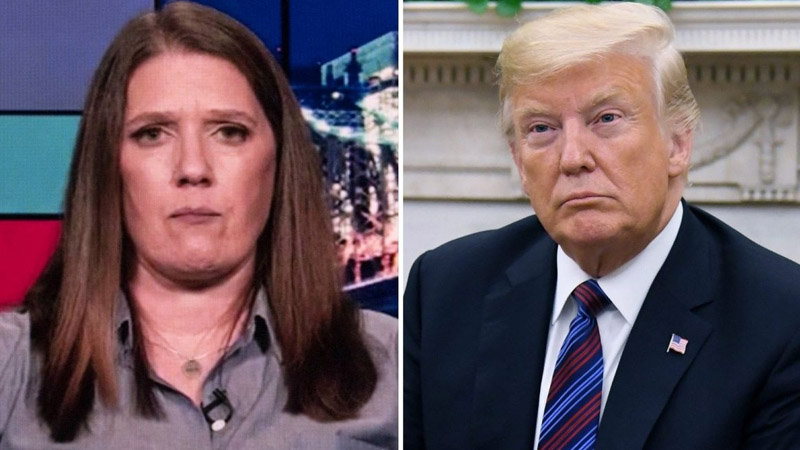In a bold move that has ignited discussions across the political spectrum, House Democrats have proposed renaming a federal prison in Miami after former President Donald Trump, drawing applause from his estranged niece, Mary Trump. This provocative suggestion was put forward by Representatives Gerry Connolly of Virginia, Jared Moskowitz of Florida, and John Garamendi of California, who introduced a bill aiming to change the designation of the Miami Federal Correctional Institution to bear Trump’s name.
Mary Trump, a vocal critic of her uncle and author of the damning memoir “Too Much and Never Enough: How My Family Created the World’s Most Dangerous Man,” took to social media to express her approval of the Democrats’ initiative. Her concise message, “Hey Dems: more of this, please,” encapsulates her support for actions that hold her uncle accountable for his controversial tenure as president, told Newsweek.
The backdrop to this unusual legislative proposal is the ongoing legal battles facing Donald Trump, who is contending with multiple criminal indictments. These range from allegations of election interference and mishandling classified documents to accusations related to financial misconduct. Despite pleading not guilty and dismissing the charges as politically motivated, Trump’s legal woes have made him a focal point of intense scrutiny and debate.
This development comes on the heels of a contrasting effort by House Republicans, led by Pennsylvania Representative Guy Reschenthaler, to rename Washington Dulles International Airport after Trump. This move, intended to honor Trump’s presidency, was met with skepticism by Democrats, who argue that a federal prison would be a more apt namesake given the array of legal challenges Trump faces.
The proposed renaming of the Miami prison has been framed by Connolly, Moskowitz, and Garamendi as a fitting tribute to Trump’s legacy, pointing to the nearly 100 felony charges against him and the substantial financial penalties levied in civil cases. Their joint statement underscores the gravity of the accusations Trump is facing and the symbolic significance of associating his name with a correctional facility rather than an international airport.
As the debate unfolds, the contrasting efforts to commemorate Trump’s presidency—through either an airport or a prison—reflect the deeply polarized views of his leadership and the broader political divide in the United States. With Trump’s legal entanglements continuing to unfold, the proposal by House Democrats adds another layer to the complex legacy of the former president, blending political symbolism with the stark realities of accountability and justice.

